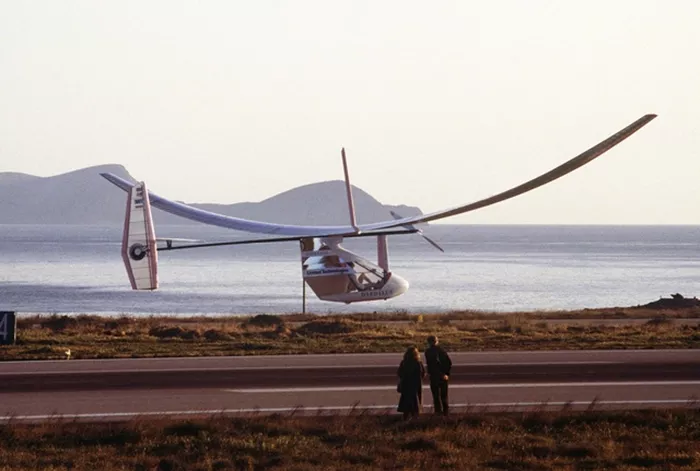History is a tapestry of dates, each marking events that have shaped the world. May 22 is no exception, serving as a day of significant occurrences ranging from political upheavals and scientific breakthroughs to cultural milestones and notable births. This article delves into the multifaceted history of May 22, highlighting key events and figures that have left an indelible mark on the global landscape.
The Assassination of Henry VI (1471)
On May 22, 1471, King Henry VI of England was murdered in the Tower of London. This assassination marked a crucial turning point in the Wars of the Roses, a series of dynastic conflicts between the houses of Lancaster and York. Henry VI’s death effectively ended the Lancastrian claim to the throne, paving the way for the Yorkist Edward IV to consolidate his power. The subsequent stability under Edward IV’s reign allowed for the economic and cultural revival that characterized the latter part of the 15th century in England.
The Peace of Lübeck (1629)
The Peace of Lübeck, signed on May 22, 1629, ended Denmark’s involvement in the Thirty Years’ War. This treaty was a significant moment in European history, as it restored the pre-war boundaries and ensured that Denmark remained a regional power, though diminished in influence. The Thirty Years’ War, a complex conflict involving many European powers, had profound effects on the political landscape of Europe, influencing the balance of power for decades to come.
Founding of the Commonwealth of Iceland (1944)
On May 22, 1944, Iceland declared its independence from Denmark, formally establishing the Republic of Iceland. This move was precipitated by the occupation of Denmark by Nazi Germany during World War II, which disrupted the centuries-old Danish-Icelandic union. Iceland’s declaration of independence marked the emergence of a new sovereign state in the North Atlantic, contributing to the post-war reshaping of national borders and international relations.
The First Human-powered Flight (1977)
May 22, 1977, saw the first successful human-powered flight with the Gossamer Condor, designed by Paul MacCready. Piloted by Bryan Allen, the Gossamer Condor flew a figure-eight course at Minter Field in Shafter, California, to win the Kremer Prize. This achievement was a milestone in aeronautical engineering, demonstrating the potential for human-powered flight and spurring further innovations in lightweight materials and aerodynamic design.
The Discovery of the Ricin Toxin (1888)
On May 22, 1888, Peter Hermann Stillmark presented his doctoral thesis on the toxic properties of ricin, a protein extracted from castor beans. His research identified ricin as a potent cytotoxin, capable of inhibiting protein synthesis in cells. This discovery had significant implications for both medical science and biochemistry, leading to a deeper understanding of cell biology and the development of new diagnostic and therapeutic techniques.
The Birth of Arthur Conan Doyle (1859)
Arthur Conan Doyle, the renowned British author and creator of Sherlock Holmes, was born on May 22, 1859. Doyle’s creation of the brilliant detective and his adventures, starting with “A Study in Scarlet” in 1887, revolutionized the detective fiction genre. Holmes’ methodical approach to solving crimes, based on keen observation and logical deduction, has influenced countless writers and remains a cultural icon to this day.
The Premiere of “Mister Rogers’ Neighborhood” (1967)
On May 22, 1967, the beloved children’s television program “Mister Rogers’ Neighborhood” premiered on the Canadian Broadcasting Corporation (CBC). Hosted by Fred Rogers, the show emphasized kindness, empathy, and the importance of emotional intelligence. It quickly became a staple of children’s programming in North America, nurturing generations with its gentle and inclusive approach to childhood education.
Richard Wagner (1813)
German composer Richard Wagner, born on May 22, 1813, was a towering figure in 19th-century music. His operas, characterized by complex textures, rich harmonies, and elaborate use of leitmotifs, revolutionized the art form. Works such as “The Ring of the Nibelung” and “Tristan und Isolde” continue to be performed and celebrated worldwide, cementing Wagner’s legacy as one of the greatest composers in history.
The Great Chilean Earthquake (1960)
On May 22, 1960, the most powerful earthquake ever recorded struck southern Chile. The Great Chilean Earthquake, measuring 9.5 on the moment magnitude scale, devastated the region, causing widespread destruction and triggering tsunamis that affected coastlines as far away as Japan and the Philippines. The disaster resulted in significant loss of life and property, prompting advancements in seismology and disaster preparedness.
The Battle of Tannenberg Line (1944)
The Battle of Tannenberg Line, which began on May 22, 1944, was one of the fiercest engagements on the Eastern Front during World War II. The battle saw the German Army Group North defending against the Soviet Estonian Operation, part of the larger Baltic Offensive. The intense combat and high casualties on both sides underscored the brutal nature of the conflict, which ultimately contributed to the collapse of Nazi Germany’s eastern defenses.
Conclusion
May 22 has witnessed a myriad of events that have significantly influenced the course of history. From political shifts and scientific discoveries to cultural milestones and social movements, the date reflects the diverse and dynamic nature of human progress. As we reflect on these occurrences, we gain a deeper appreciation for the complexities of history and the enduring impact of these events on our world today. Whether commemorating achievements or mourning tragedies, May 22 serves as a reminder of the continuous unfolding of history and the importance of remembering the past to inform the future.

